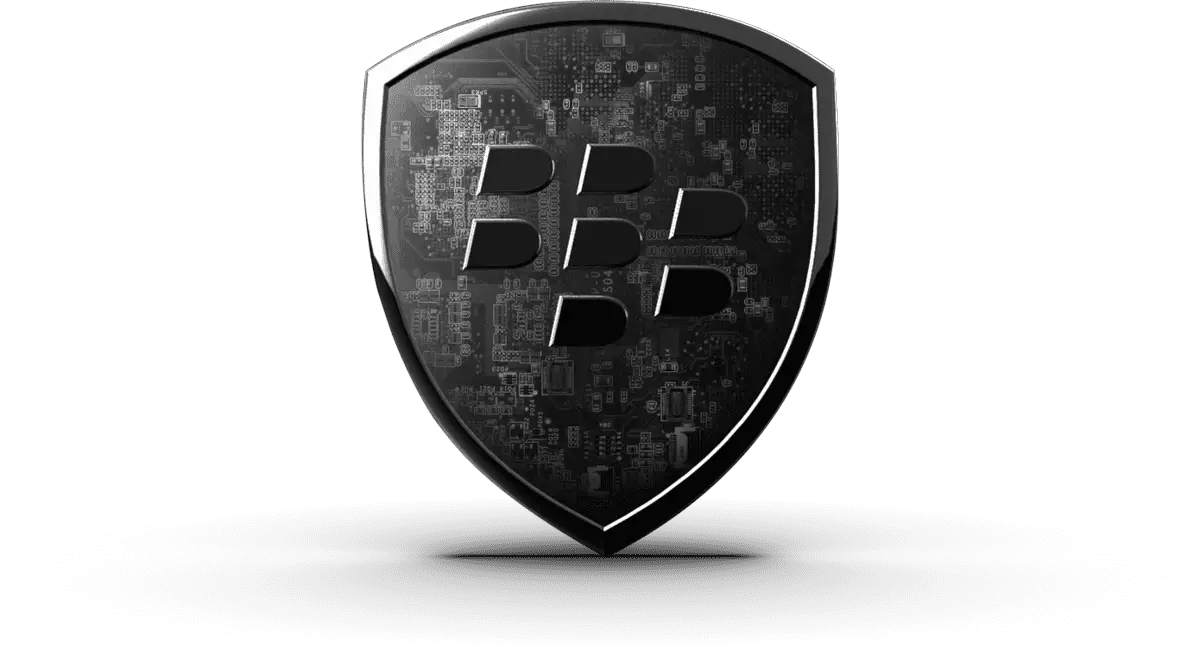
Blackberry announced on Monday that the company introduced a new service called “Jarvis”, the service is designed to help car manufacturers to test their code installed in the car to help find the car software Security holes.
Jarvis Services uses “static analysis” techniques to discover vulnerabilities in prebuilt application binaries that users use to provide automakers with information on finding those vulnerabilities, helping automakers or Users pre-detect these vulnerabilities and take corrective action, which also helps cars and users avoid the risk of hackers using the vulnerability to launch attacks.
Today, cars are increasingly connected to the Internet and there are more and more driverless cars. Therefore, it is of great importance to provide car manufacturers with safety tools. Even if a car is still in safe mode, in fact, car manufacturers still need to consider the issue of security loopholes, especially from the past, some things to look at. Earlier, hackers used the car’s code loopholes to manipulate different car functions.
The new Blackberry service is primarily aimed at the automotive market, as car makers typically use hundreds of different pieces of software, including of course some from other companies pre-installed software. The Jarvis feature helps automakers take the lead in scanning pre-installed binaries, including those that are not native to these vendors, to help automakers ultimately get safer software.
Of course, the introduction of this new service is also very beneficial to BlackBerry itself, after all, this new service can help BlackBerry beyond the smartphone industry can be more in-depth into the automotive market. In fact, Blackberry has had an exposure to the automotive market after the company acquired the QNX software system in 2010. The deal gives BlackBerry a new QNX product, a Unix-like operating system that can be used in embedded applications like cars. In the meantime, QNX also helps Blackberry support its ambitions to march into other markets, such as smart furnishings and healthcare.
Jarvis will be put into use through the software as a service model. Users pay for using the Jarvis service, and the amount will be based on the amount of data they need to scan and bundle purchases. Of course, Jarvis functionality is fully automated, so Blackberry hopes the service will encourage users to scan their software more often.
In the future, BlackBerry may extend Jarvis services to other markets beyond the automotive industry, as other industries such as aerospace, healthcare, and even defense may also take full advantage of the BlackBerry’s static analysis capabilities.
Reference: crackberry